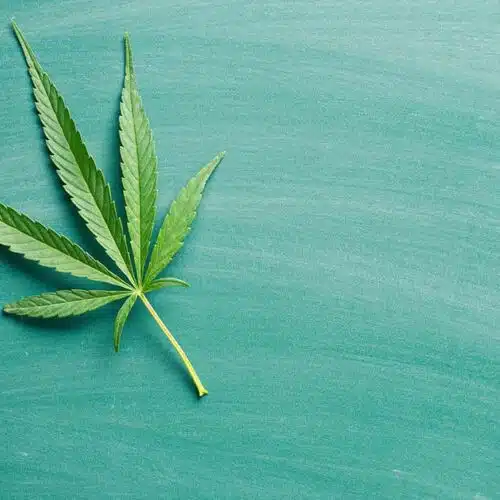By Scott Rose | Published in Polictus USA
Was Mayor Bloomberg propagandizing against medical cannabis when on June 18, 2010 he declared “It has nothing to do with medicine”? Or is our mayor simply unaware of the scientifically demonstrated therapeutic effects of cannabis?
There was a hint of obstructionist bullying in other of his remarks. “The worst thing,” he stated, “is the hypocrisy of saying it’s medical marijuana. If you want to legalize it, let’s have that debate, but that’s what you’re really talking about.”
Medical legalization policy, though, must be meticulously formulated, separately from that for leisure legalization. Morphine is subject to recreational abuse, but nobody would think to send a patient to a 7-Eleven for their dose.
To achieve medicinal consistency at various strengths, the Dutch Ministry of Health regulates cannabis cultivation. The minutiae of their regulatory requirements include this: “Analysis reports of soil analysis must be kept available in the dossier.”
Bill A09016 before the New York State Assembly appears equally well-thought- through for medical marijuana. The bill affirms that the legislation does not diminish the laws against illegal drug use.
Bloomberg nevertheless calls it “a Trojan horse” for across the board legalization, as though an army of vomiting chemotherapy patients and their advocates were duplicitously plotting an ultimate triumph over society through debauchery.
This mayor has a history of not communicating an accurate, up-to-date understanding of medical cannabis. In 2002, he called medical legalization “a slippery slope,” adding that he favors enforcing the laws on the books. His attitude is a non-sequitur to medical cannabis.
In February, the Center for Medicinal Cannabis Research of the University of California reported that a randomized clinical trial of cannabis on multiple sclerosis patients found “significant improvement in both an objective measure of spasticity and pain intensity in patients whose standard therapy had provided inadequate relief.”
Why should legislation aimed at helping MS and other patients in New York be smeared as “hypocritical”? Unenlightened prohibition of cannabis has long kept health science from researching and prescribing cannabis as medicine.
Harry J. Anslinger, Commissioner of the Federal Bureau of Narcotics from 1930 to 1962, demonized marijuana with malicious zeal. His credibility on medical issues was nullified by any number of appalling quotes, including “Reefer makes darkies think they’re as good as white men.”
Some might see a chance correspondence to Anslinger’s outlook in the disproportionate number of African-American New Yorkers arrested for marijuana as part of the city’s controversial stop and frisk program.
By not acknowledging a distinction between medical and recreational cannabis, Bloomberg compels us to examine his motives. He is, only perhaps, unschooled in the field of medical cannabis.
In 2002, he referred to marijuana as a “narcotic,” though science, medicine and U.S. law do not consider it one. Through recent years, as hundreds of peer-reviewed scientific studies on medical cannabis have been published, Bloomberg has remained intransigent. Might he have economic interests in seeing marijuana kept entirely illegal?
Judge Jim Gray has pointed out that politicians tend to get support by “talking tough, not smart on drugs.” Bloomberg plainly needs an effective prod to start talking smart about medical cannabis.
He is prominent enough a figure that the ignorance he spreads on this topic could result in preventable patient misery. Even in our polarized age, suffering is non-partisan.
When a medical marijuana bill was debated in Albany in 2004, conservative Republican Assemblyman Robert Prentiss said: “If you have ever seen anyone on their deathbed, dying in agony, screaming in pain every day as I had with my father who had cancer, the risks of smoking marijuana are outweighed by the therapeutic benefits.”


